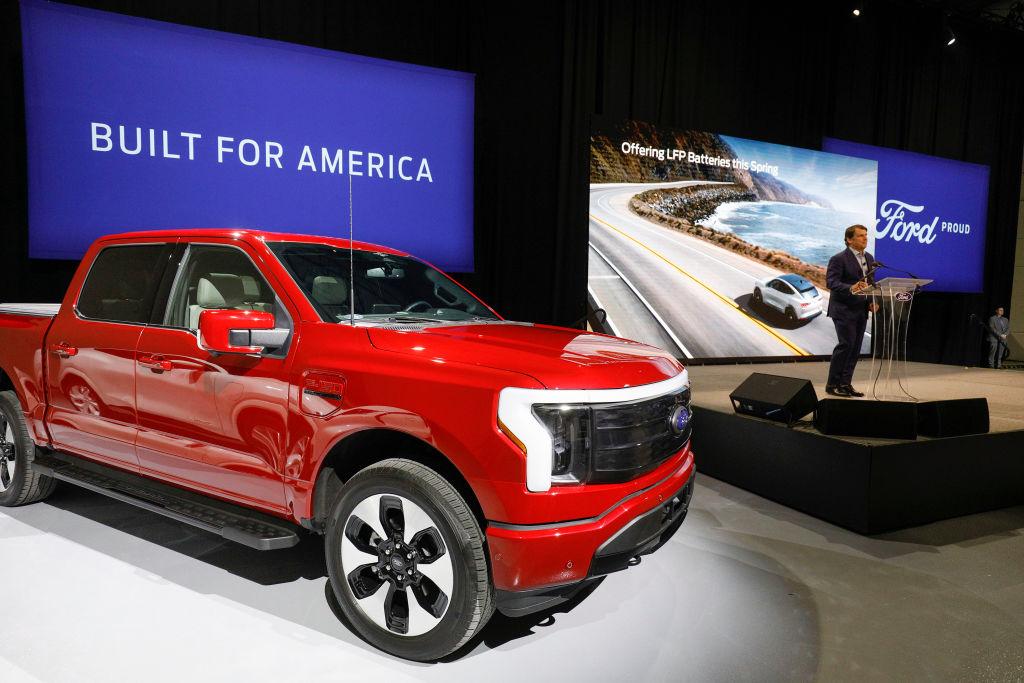Ford’s new deal with a Chinese electric vehicle (EV) battery manufacturer has triggered bipartisan concern over economic and national security risks.
The iconic American automaker on Feb. 13 announced that a new $3.5 billion plant will be built in Marshall, Michigan, 100 miles west of Detroit, to produce lithium-iron-phosphate batteries, better known as LFP, a type of battery cheaper but less energy-dense than the nickel-cobalt-manganese chemistry that currently dominates the market.




